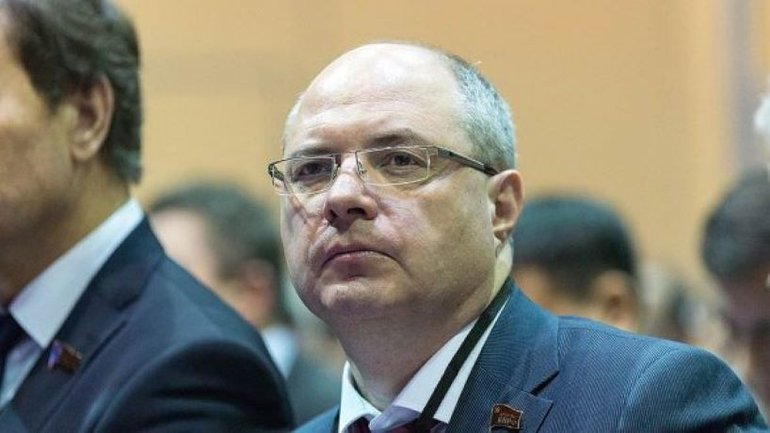Russian State Duma calls the OCU a church of extremists that must be opposed

This is reported by Credo.Press.
"Pressure on Orthodoxy in the former Soviet republics and the countries of the Balkan Peninsula "has many" similar markers," Sergey Gavrilov, chairman of the State Duma Committee on Civil Society Development, Public and Religious Associations, and Head of the Interparliamentary Assembly of Orthodoxy (IAO), said on June 25.
"In the IAO, we analyzed with our colleagues the processes of pressure on Orthodox believers in these countries. There are similar markers in all cases: the creation of a pseudo-religious organization, the seizure of property in the Orthodox Church by any means, attacks on believers who remained faithful to traditional Orthodoxy," the Parliamentary newspaper quotes the deputy as saying."
Gavrilov believes that the creation of the OCU in Ukraine, which is qualified as "schismatic" by a secular politician and a member of the Communist Party, and "constant attacks" on the clergy of the UOC-MP, the Montenegrin law "on the seizure of property from the Serbian Orthodox Church", the plans for the creation of the Church of Kosovo represent "different stages of one plan to split society".
"The evident signs of intrusion in the Orthodox community indicate the beginning of the implementation of this plan," he said.
"The established non-canonical churches are political institutions that promote extremism. It is impossible to fight associations that pretend to be Churches since they are created artificially and preach aggression. They have no basis for survival,” said Sergey Gavrilov.
During Gavrilov's leadership of the relevant committee of the State Duma of the Russian Federation, a lot of prohibitions and restrictions were introduced into the Russian law on freedom of conscience, up to the actual ban on the withdrawal of communities from centralized religious organizations (i.e., changes in canonical jurisdiction).









